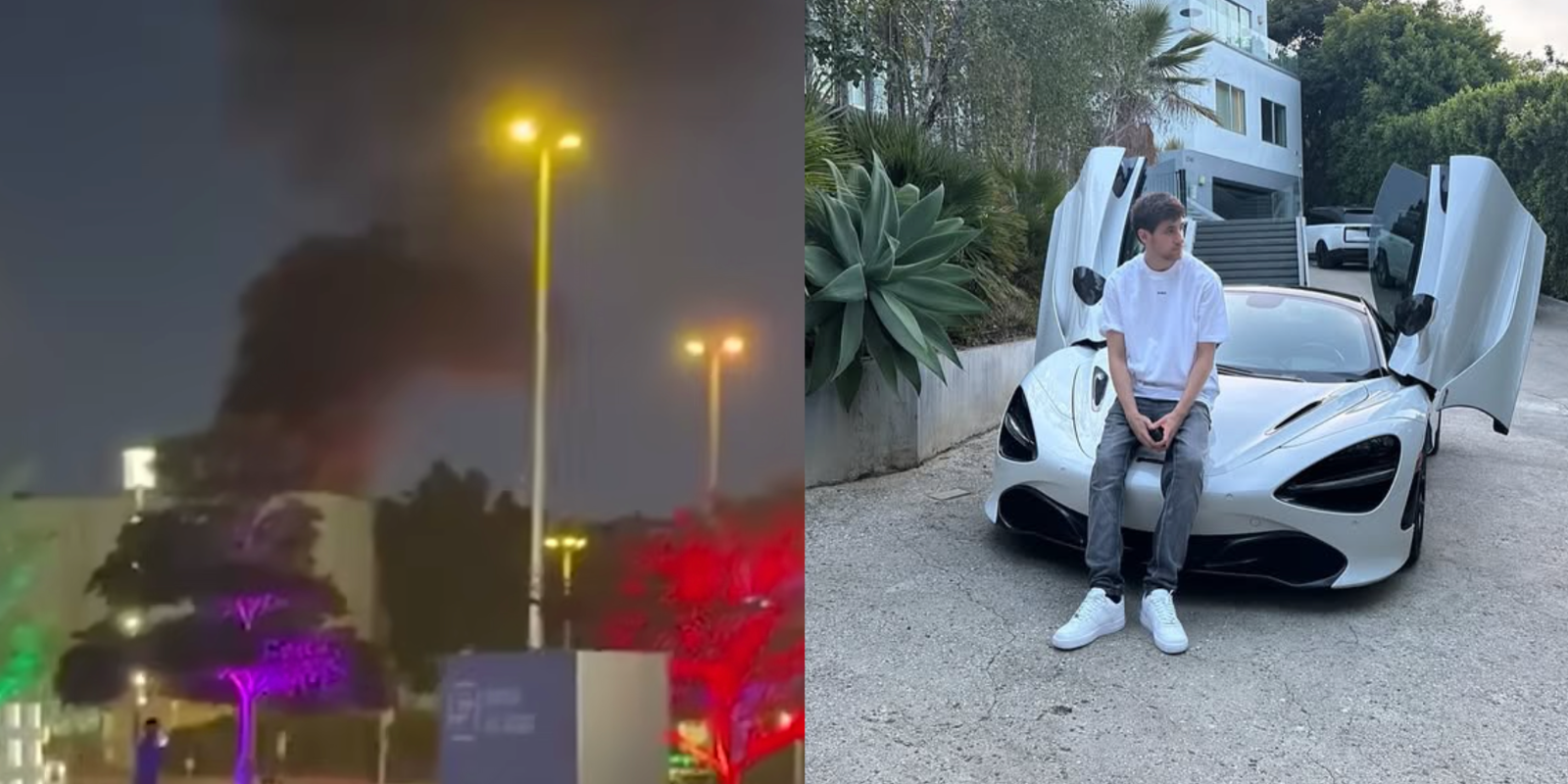A recent report has revealed that rice accounts for approximately ten percent of all global emissions of methane, trapping around 80 times more heat than carbon dioxide. Experts have suggested that if nations around the world want to effectively address greenhouse gas emissions, they will need to take a serious look at rice.
AFP news reported that a tenth of the planet’s emissions has nothing to do with “belching cows or landfills,” but that rice is the culprit.
A 2014 study from climate scientists took aim at rice, a crop that happens to keep roughly half of the planet from starving. The claim is that the cultivation of rice is responsible for ten percent of global emissions, thus causing more heat in the atmosphere. Though this may be the case, rice remains a staple food for much of the planet. Climate scientists have yet to offer up an alternative that could realistically replace rice around the world.
The report also noted that "480 million metric tons of milled rice is produced annually," which is not going to be easy to replace.
The report stated that “methane is generated by bacteria that grow in flooded rice paddies and thrive if the leftover straw rots,” adding that “over time, methane traps about 80 times as much heat as carbon dioxide.”
Bjoern Ole Sander, of the International Rice Research Institute, said: “So rice, which sets them apart from other crops, has a standing water layer in the field. Which means there's no exchange of air between the soil and the atmosphere.”
“So that means you have in the soil anaerobic conditions, and that means there are different bacterias active in the soil than you would find in wheat or maize.” In addition, the production of rice (burning of straw that remains after the harvest) contributes to air pollution, so efforts to recycle this straw is beneficial.
The report added that under the Global Methane Pledge, “Vietnam and several other major rice producers in Asia have vowed to cut emissions by 30% between 2020 in 2030, but the two largest producers, China and India, failed to sign.”
The study also noted that China and India alone make up roughly 50 percent of both the rice grown and consumed around the world. If the issues around rice are going to be resolved, it would mean that an alternative to rice would need to be offered for populations that rely heavily on the crop for nutrition.





